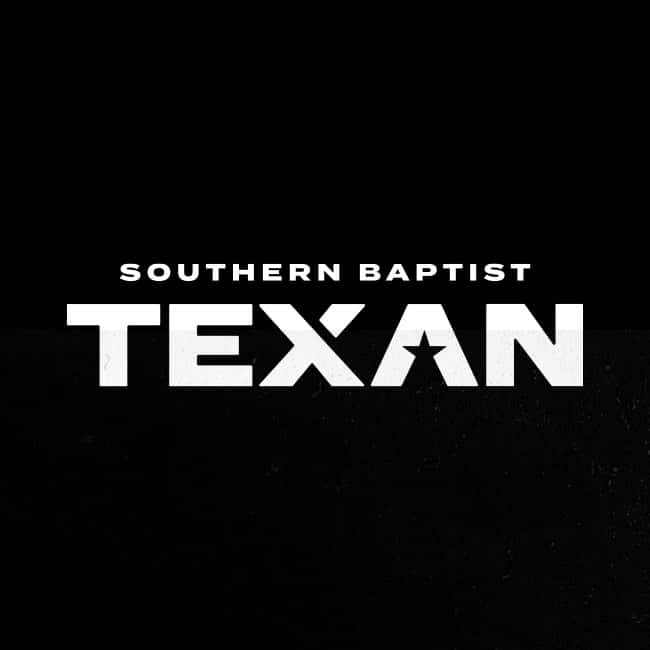The TEXAN’s Tammi Ledbetter interviewed Barry Creamer, chairman of the Ethics & Religious Liberty Commission’s search committee and vice president of academic affairs and professor of humanities at Criswell College in Dallas, about the committee’s recommendation of Russell Moore to succeed Richard Land as ERLC president. Moore was elected on Tuesday (March 26) and will begin on June 1.
Q. Explain the value of the ERLC leader having a doctorate in theology as opposed to more specifically in ethics.
A. We wanted someone who’s going to keep the gospel and keep solid doctrine at the center of what we present—even on public policy issues. So we felt it was really important to get someone and we had to have someone, if they’re going to represent Baptists and speak to Baptists, they have to have impeccable doctrinal foundations, and he’s got that. But the interesting thing is he is an ethicist. He is a philosophically trained intelligent Christian ethicist with a focus on theology. So we feel really strong about both sides of that.
Q. I assume you have an interest in knowing whether he is a Calvinist.
As a person who debates with Calvinists it matters to me whether a person is a 5-pointer or not. Russ Moore is very specific about the statements he makes about the atonement, and the extent of the atonement, and describing those things in ways that are very important to me. For instance, that Jesus died for everyone without any qualifications. He discusses the importance of that belief that he just died for the world, everyone, each one. He’s very particular about it. So the cores of the doctrine, as Russell Moore talks about this, it’s really compelling on all issues of Calvinism and Arminianism he is able to speak to both sides of the camp. He has regular engagements with a Free Will higher education group that he meets with and speaks at and obviously he listens to the Reformed crowd and he has the respect of both sides. As chairman of the committee and as a person who is absolutely not a Calvinist and was very meticulous in asking questions and talking about details of his own doctrinal stands and what that would mean, I’m 100 percent confident he’s going to represent the whole of the Southern Baptist spectrum well.
Q. Explain the vote process.
We had a vote of 26 to 1 and we agreed that was OK to make that public. We were very particular about maintaining the importance and the significance of the board process so we wanted the board to have a real vote, not just a stand up and unanimously endorse what we’ve said is going to happen. So we respected them from beginning to end, asking them for a private ballot and they gave us a private ballot of 26 to 1. There was not a word spoken against. Everyone was in complete harmony when we left the room. But we feel really good about the fact that we were respectful to the board and said if you vote secretly, no names, and you vote your conscience, and you seek what the Lord wants you to do—and our board felt good to vote their conscience—and that the decision was 26 to 1 in favor of Russell Moore. So there’s a little bit about that process.
Q. There are issues near and dear to Dr. Land’s heart. Is there anything in particular of great importance to Russell Moore?
A. I don’t know that the emphasis is going to shift right away. The things he mentioned that are obviously at the top of his radar are religious liberty and sanctity of life. Those are issues important to him personally and in anticipation of the things that are coming before our culture right now. Obviously those are both things that are really important to Dr. Land also and I think there is a lot of respect between both of them on their ethics positions.














